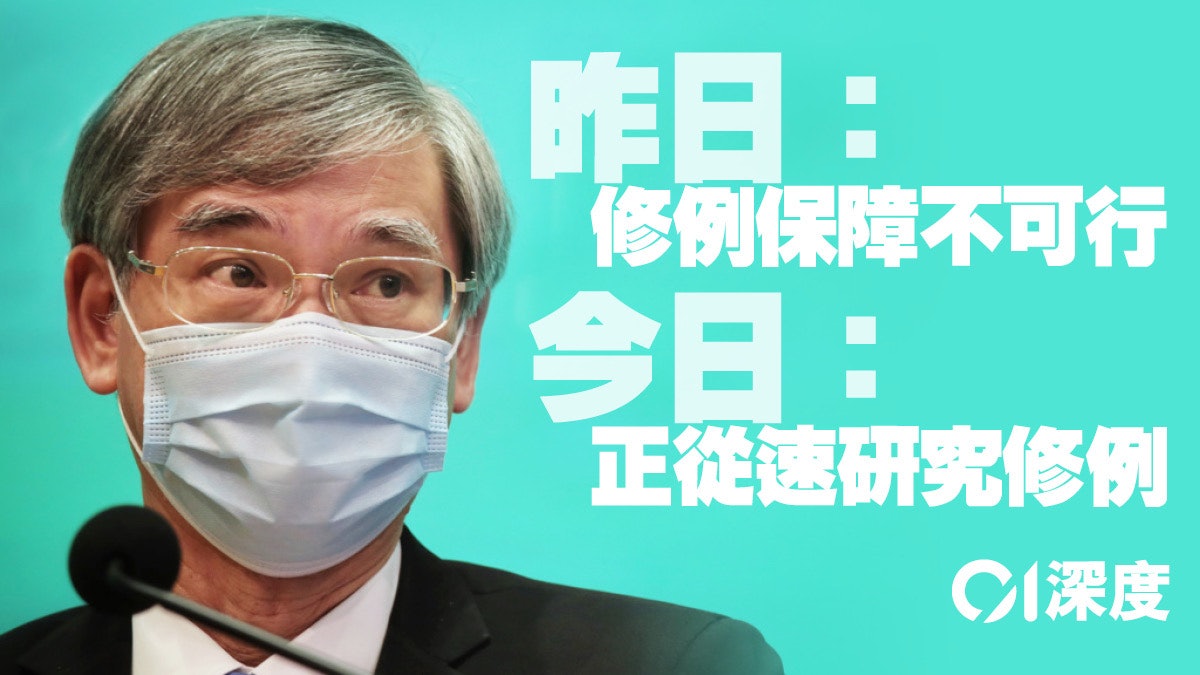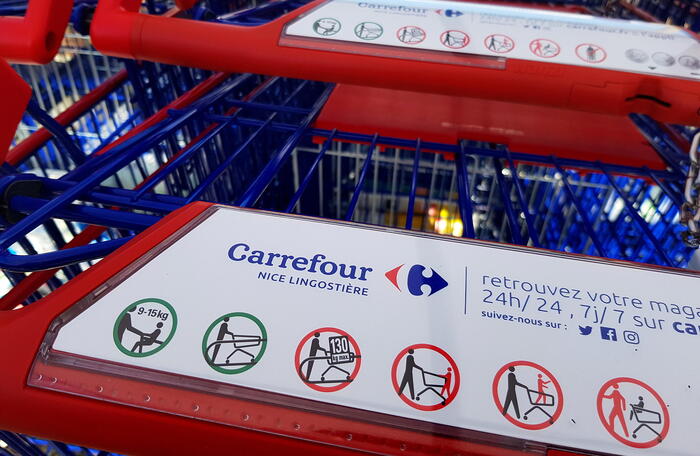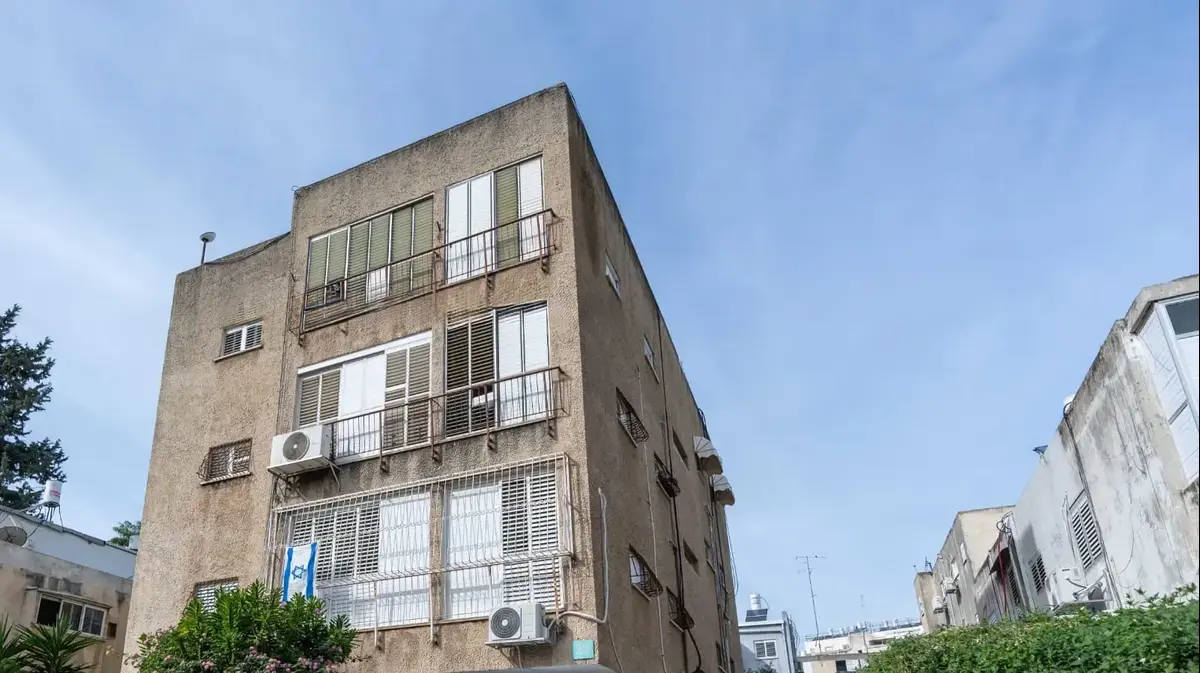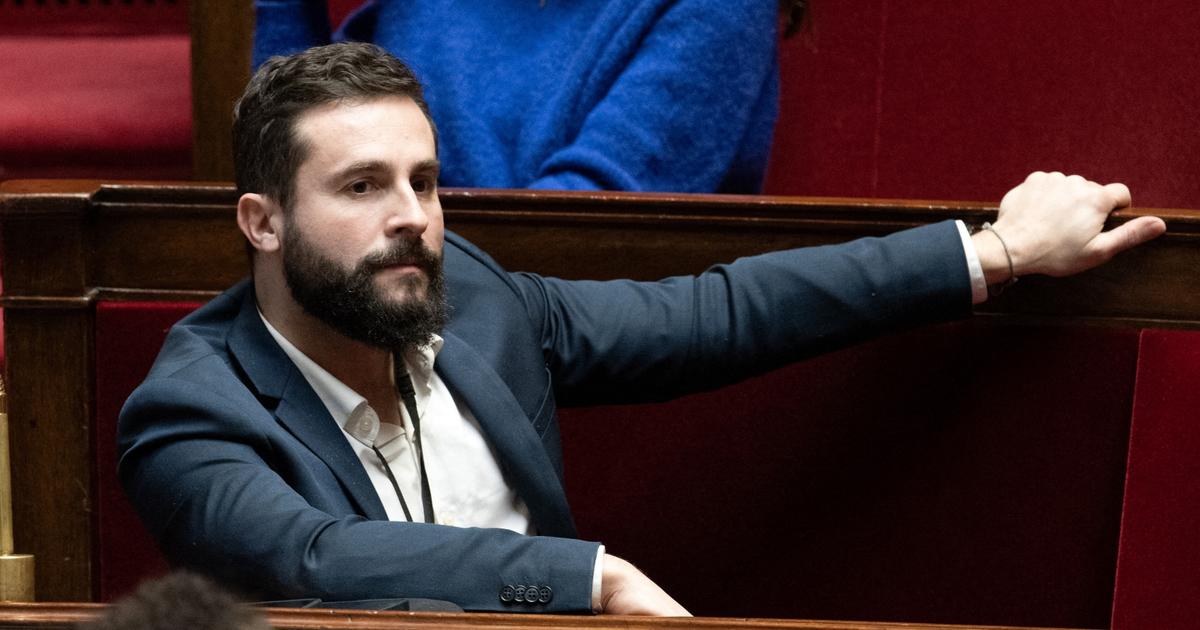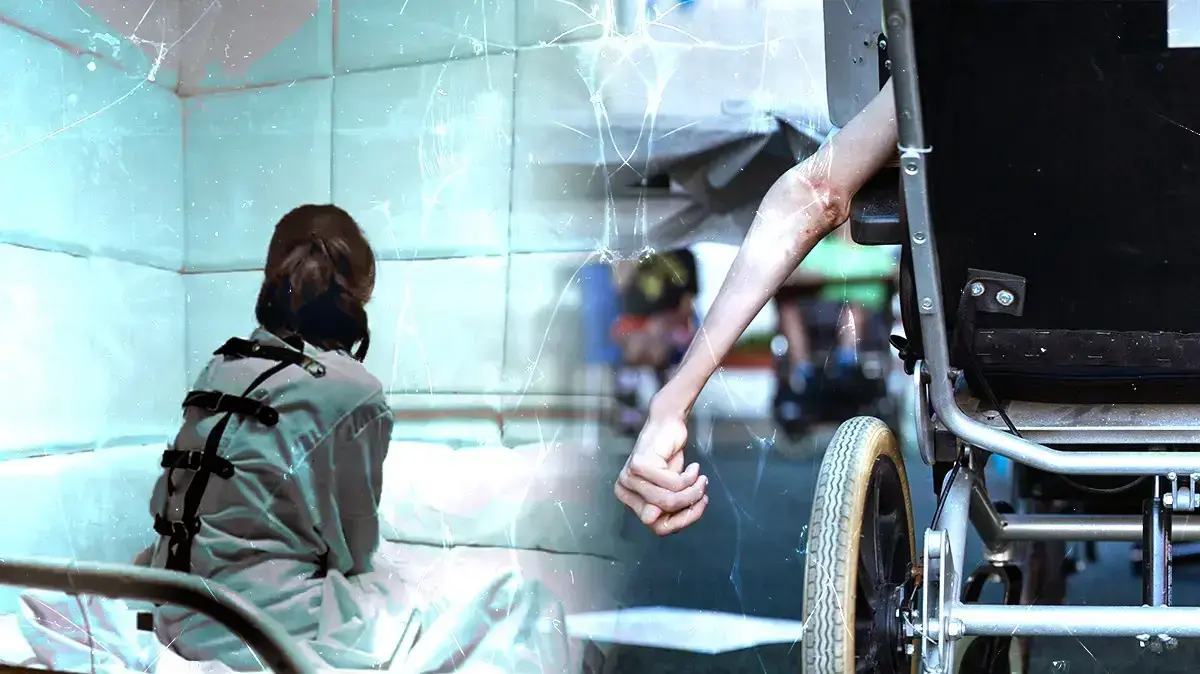The fifth wave of COVID-19 is severe. The SAR government continues to take measures to close down and enforce inspections, and blockade many infected buildings every day. As a result, many residents who have been banned are unable to go to work normally, and some people need to apply for unpaid leave or have their food detained. .
Law Chi-kwong, Secretary for Labour and Welfare, said in an exclusive interview with TV yesterday (February 3) that the government had studied legislation or amendments to protect the rights and interests of employees, but it was not feasible; however, he attended the Legislative Council on Manpower Affairs today (February 4). The committee has since changed its rhetoric, saying that the authorities are expeditiously studying a revision of the Employment Ordinance to treat absence from work due to compulsory quarantine as sick leave.
It is ironic that Luo Zhiguang changed two sets of speeches within two days. Since the amendments are indeed feasible, why did they remain silent before?
The attitude of "it's impossible, it's really not doing it" this time reflects the government's passive inaction.
Believing that the employer is good, but worrying about the false labor
The Federation of Trade Unions held a press conference earlier, stating that within 5 days of the quarantine in Kwai Chung Village, it received 70 requests for help from workers in the village. Some were deducted from their salaries, some were placed on unpaid leave, and some were asked to temporarily suspend work or leave early. annual leave.
Law Zhiguang bluntly said in an interview yesterday that there is currently no labor law to protect those affected by the closure or quarantine. The Prevention and Control of Disease Regulation (Chapter 599) is also infeasible, so "the only best way, for now, is to call on employees and employers to have a good discussion", because "I believe that Hong Kong is always in a good position. Employers make up the majority."
On the one hand, Luo Zhiguang believes that conscientious employers in Hong Kong account for the majority, but on the other hand, he does not seem to believe much in Puluo wage earners, because when asked whether he could provide the affected workers with stop-work allowances, he said, "Some people say that they will sell their saliva and make everyone salivate. I can get this subsidy,” so I am worried that the subsidy will be abused by a small number of people, and I am afraid that it will affect the overall epidemic prevention work.
Luo Zhiguang's remarks immediately aroused criticism from all walks of life.
Qiu Yaocheng, director of the Rights and Interests Committee of the Federation of Trade Unions, told "Hong Kong 01" that he understands that there are certain procedures for the amendment, and it is not overnight. However, the new crown epidemic has lasted for more than two years. As the only bureau of the Hong Kong SAR government to protect labor, it should be formulated early. Relevant policies are used to prevent and respond to situations where workers' rights and interests may be damaged, rather than blindly "calling" on employers to maintain their conscience, but there are no substantial policy checks and balances. When the fifth wave of the epidemic has broken out, many excuses are made.
The Federation of Trade Unions held a press conference earlier, saying that it had received 70 requests for help from workers in Kwai Chung Village.
(Provided by the Federation of Trade Unions)
Migrant workers face three dilemmas of forced inspection
Yau Yaocheng hopes that the new parliament can introduce more laws to protect workers.
Based on the current compulsory quarantine measures of the authorities, he analyzed the three main dilemmas faced by Puluo wage earners:
The first is to be sent to Penny's Bay for isolation. The Department of Health will issue a nucleic acid test certificate to residents, but it is not a "doctor's certificate" used to request sick leave.
If residents need to use a doctor's certificate to apply for sick leave from their employers, they can call the Department of Health to obtain it.
The second situation is that the residential building is enclosed and forcibly inspected, that is, the situation faced by the residents of Kwai Chung Village.
Residents are not only unable to obtain a doctor's certificate while waiting for the test results, nor do they obtain any statutory certificates, so they will inevitably be exploited by their employers.
In this regard, Qiu Yaocheng asked, since the government issued the forced prosecution order, why can't the Department of Health provide relevant certificates to protect their rights and interests?
As for the third situation, some employers are concerned that there are a large number of confirmed cases near the area where the employee lives. Even if the employee and the building where he lives are not involved in compulsory inspection, the employer will ask the other party to apply for unpaid leave or annual leave, which directly damages employee benefits.
Under the epidemic, there are many loopholes in labor protection. "Long-term workers" cannot escape the exploitation of employers, and "casual workers" have to "stop their hands and mouths" every minute and suffer even greater losses.
Unfortunately, their losses are not protected by the Employment Ordinance on the one hand, and on the other hand will make the already poor families even worse.
Qiu Yaocheng said that if long-term employees working in large organizations such as MTR, KMB, and airlines need to be quarantined, the company will grant sick leave; however, wage earners or freelancers working in many small and medium-sized enterprises are still not guaranteed. , and during the epidemic, more employers tend to hire more casual workers to control costs. For example, the catering industry, hotel industry, etc. are the hardest hit areas. He hopes that the government can provide work stoppage allowances.
On January 22, the epidemic situation in Kwai Chung Village expanded. After Yikui Building was ordered to be enclosed for 5 days, Yingkui Building was also enclosed for 5 days. A large number of people wearing protective clothing arrived at the scene to prepare for the testing operation.
(File photo/Photo by Luo Guohao)
"It is impossible, it is impossible"
Regarding Luo Zhiguang’s suggestion yesterday that it is not advisable to distribute work stoppage allowances for quarantine persons, otherwise they will be used by a few people, Yau Yiucheng criticized the attitude of being very negative. % of people abuse it, then give up the 99% of people who really need allowances?
In fact, if the government understands the causes of abuse, it can set up relevant mechanisms to prevent it first, such as restricting the non-repeat application within a certain period of time, submitting some certificates when applying, etc., instead of retreating when encountering problems and trying to do it when it has to be done. solve problems.
It is worth noting that even if the amendments led by Luo Zhiguang are passed, allowing employees to be forced to apply for sick leave in isolation, it does not mean that all labor insurance loopholes have been filled.
Qiu Yaocheng pointed out that in the past two years, the distribution forms of the Anti-epidemic Fund and the "Employment Support" scheme all reflect that the government only intends for employers and does not consider the vital interests of employees.
A very basic example is that even though employers can apply for fixed subsidies from the government based on the number of employees, the amount that ends up in the pockets of employees is quite low. In the past, many employers still asked employees to take unpaid leave after obtaining subsidies. .
In addition, the "Employment Support" scheme requires freelance workers and casual workers to produce MPF certificates, but many of them have not been employed by the same employer for a long time, and it is difficult to produce proofs at all.
Qiu Yaocheng suggested that the new round of anti-epidemic funds should allow migrant workers to apply directly, and use documents such as payroll records and cooperation contracts as application documents for freelance workers.
Hong Kong's anti-epidemic work has entered its third year. Looking back on the hardships of the past three years, how many policies the government is currently implementing have been opposed by the authorities for various "infeasible" reasons when they were first advocated by private individuals , but after the turmoil, they introduced relevant measures?
How long will Hong Kong be tormented by such a policy attitude of "it is impossible to do it, and it is impossible to do it"?

